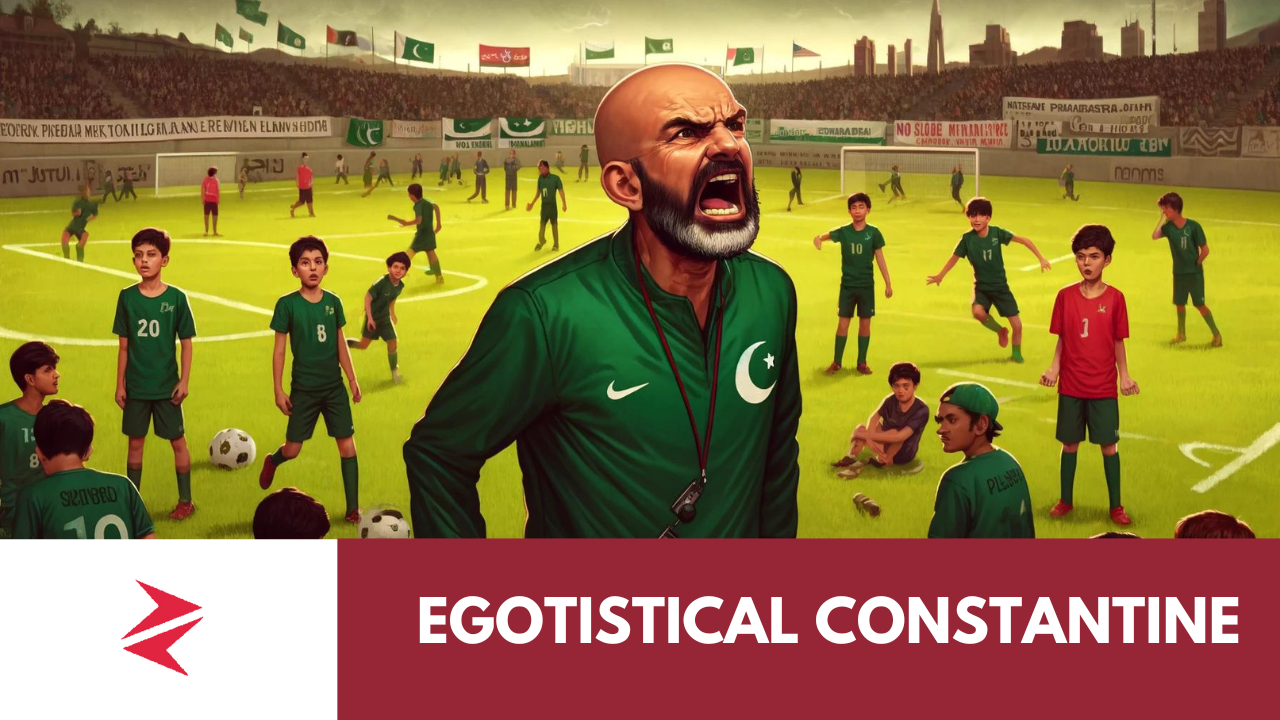In the end, the focus should be on creating a sustainable and supportive environment for the team to thrive, rather than placing the blame solely on the coach. It’s time for a collective effort to elevate Pakistani football to its true potential.

You May Also Like
Sports
Bird droppings halted a World Tour match at the India Open. Players spoke out. Excuses followed. This is why hosting standards must be enforced.
Sports
It would be advisable to consider adding at least seven players with dual nationality to the team. This could help ensure better results in...